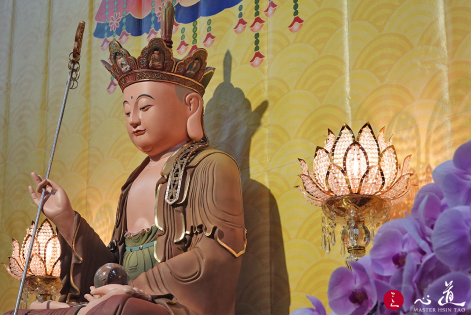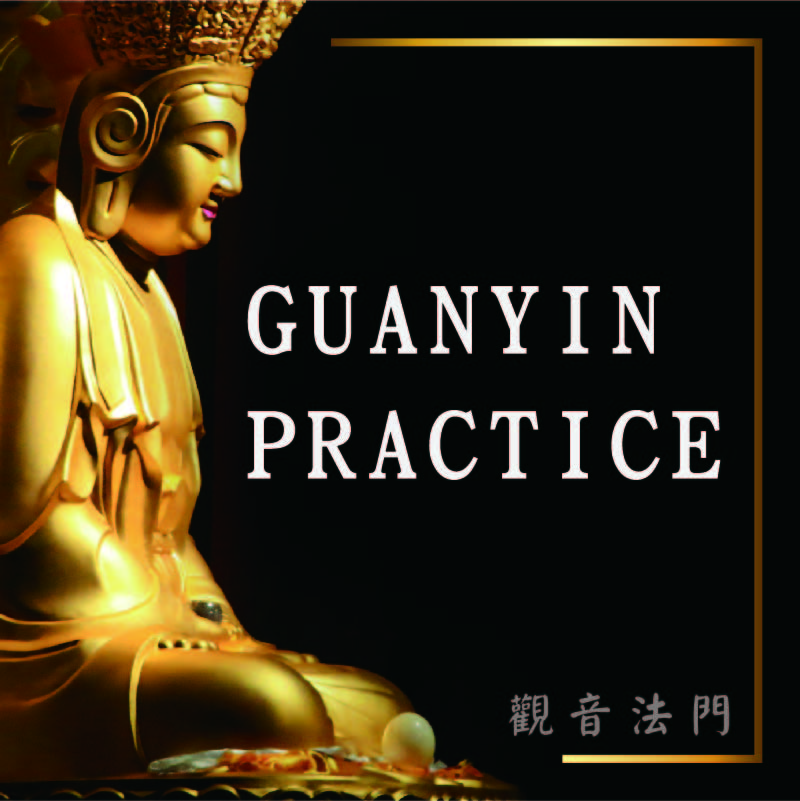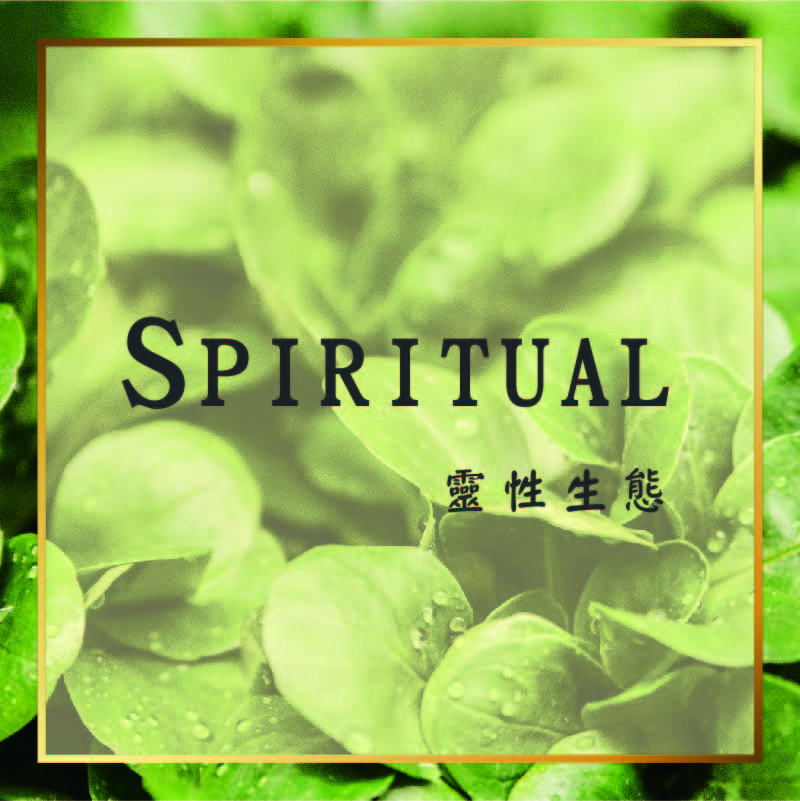
Let Go of Bad Temper
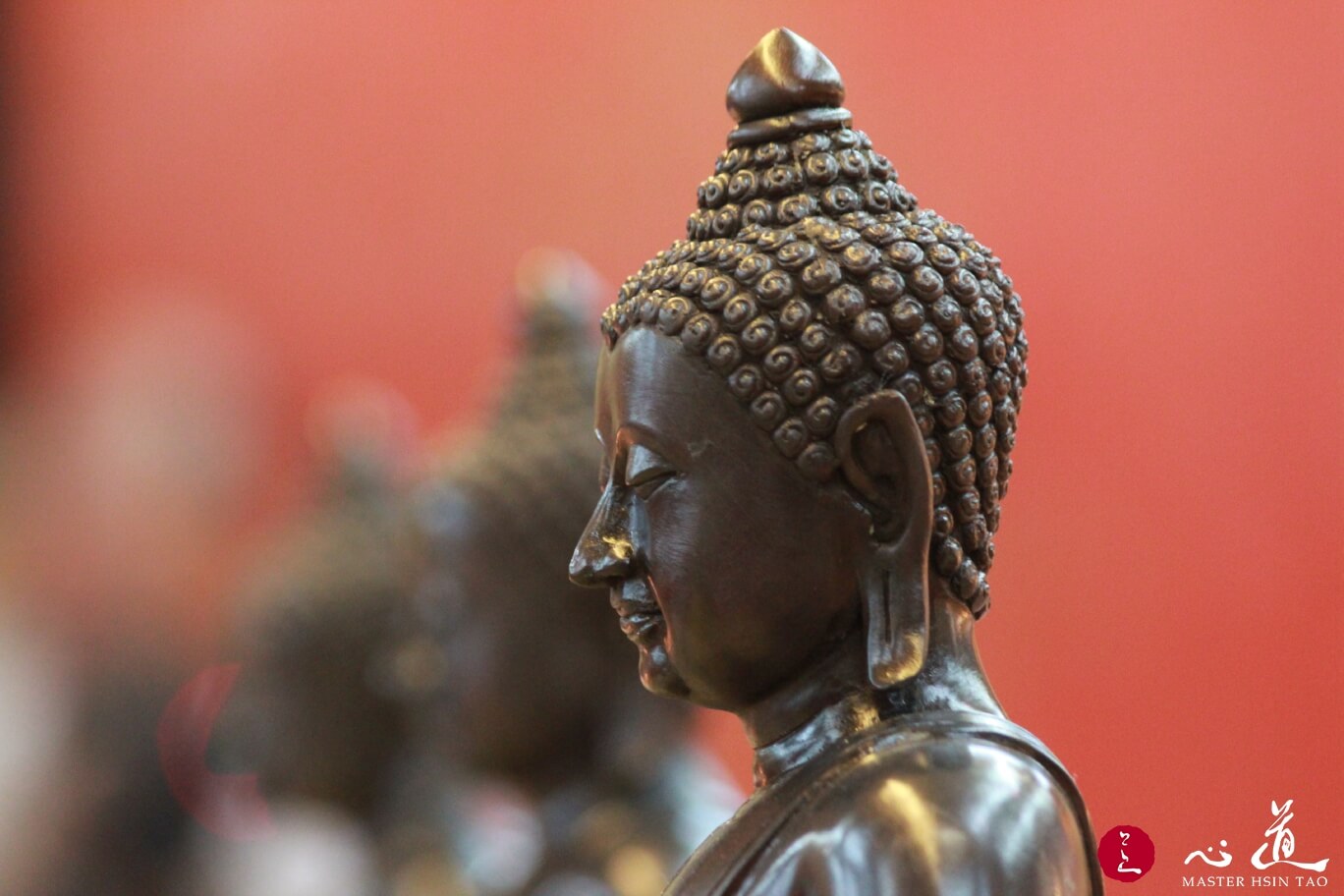 People nowadays are too stressed out. When they feel pressured, they vent out their anger randomly. A government official visited a while ago, he shared something with me that he doesn’t ever lash out his anger. I asked, “How do you manage?”
People nowadays are too stressed out. When they feel pressured, they vent out their anger randomly. A government official visited a while ago, he shared something with me that he doesn’t ever lash out his anger. I asked, “How do you manage?”
He replied, “Why be angry? It’d only harm myself and others. All I’ve done is monitoring.” Wherever he was assigned to, he'd adjust the rule slightly. For instance, those who were late for work or left early were recorded. When the rule was first implemented, many people were listed. Gradually, fewer people came late or left early. When a rule is properly executed, people and matters will stay on track and the employee discipline will improve. This government official never made any major changes. He simply redirected people's attention to their duties. He smiled and said, "I've never reprimanded or punished anyone. But everyone seems to be scared of me. Why so? All I've done was to ask everyone not to be late or leave early. I believe that it was the proper management. When one learns to self-regulate from the basics, he or she will be able to extend self-management in many aspects of life. Many things will be smooth and improve for the better. How beneficial it is to prevent oneself and others from the harm of a bad temper!"
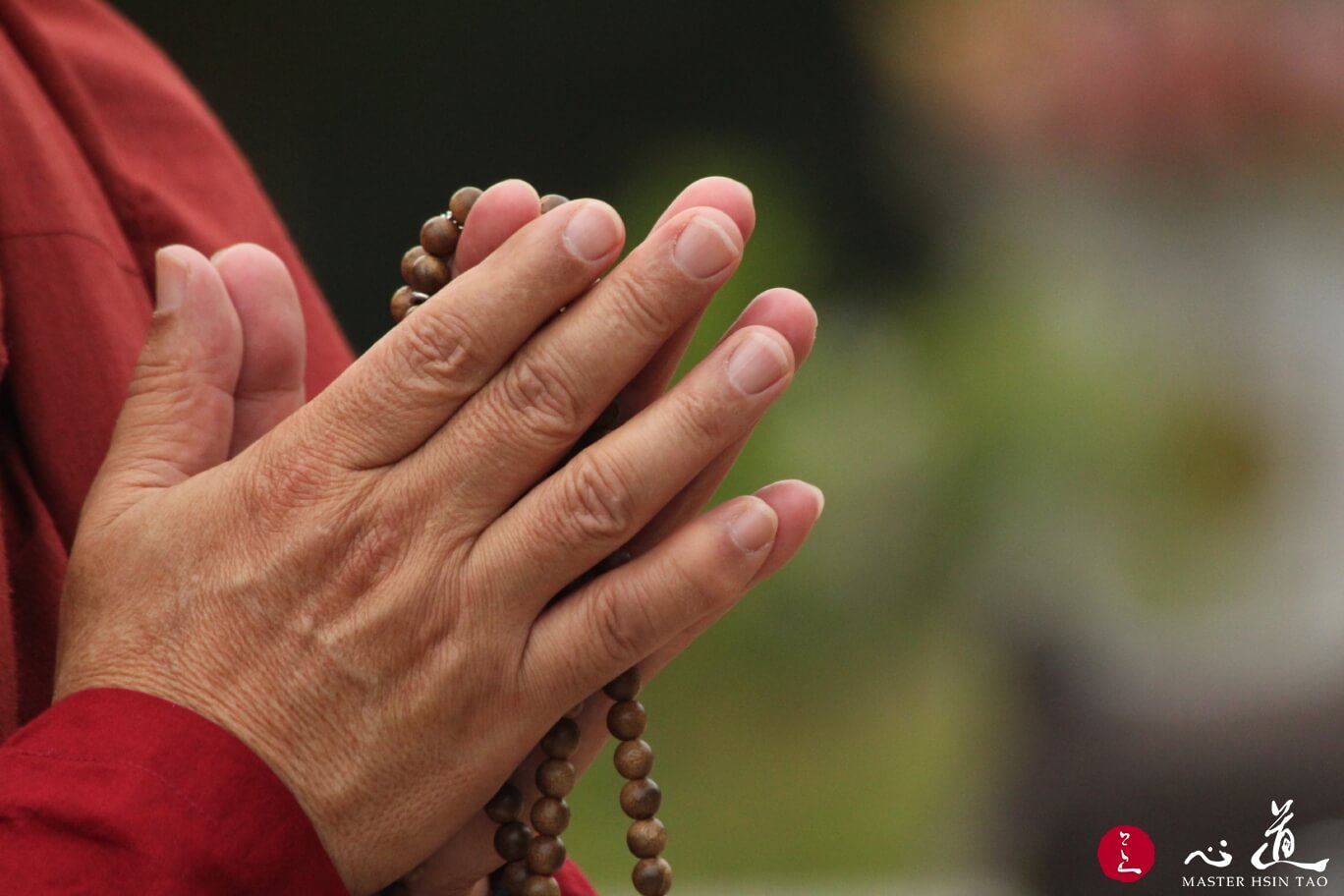 I couldn’t agree with him more. That’s also how I remind the monastic students as well. Be mindful of ethical disciplines in daily life. Concentrate and stabilize our minds. Be very careful with the conduct of the body, speech, and mind. If we are unfamiliar with ethical disciplines, we'd be distracted in life – not knowing what to do or how to do it. That’s the importance of observing ethical disciplines. The daily activities, compassionate acts, and the practice of the six perfections are the outer appearance of monastics. Progressively, we can transform the defiled consciousnesses into pure wisdom.
I couldn’t agree with him more. That’s also how I remind the monastic students as well. Be mindful of ethical disciplines in daily life. Concentrate and stabilize our minds. Be very careful with the conduct of the body, speech, and mind. If we are unfamiliar with ethical disciplines, we'd be distracted in life – not knowing what to do or how to do it. That’s the importance of observing ethical disciplines. The daily activities, compassionate acts, and the practice of the six perfections are the outer appearance of monastics. Progressively, we can transform the defiled consciousnesses into pure wisdom.


-list.jpg)
-list.jpg)
